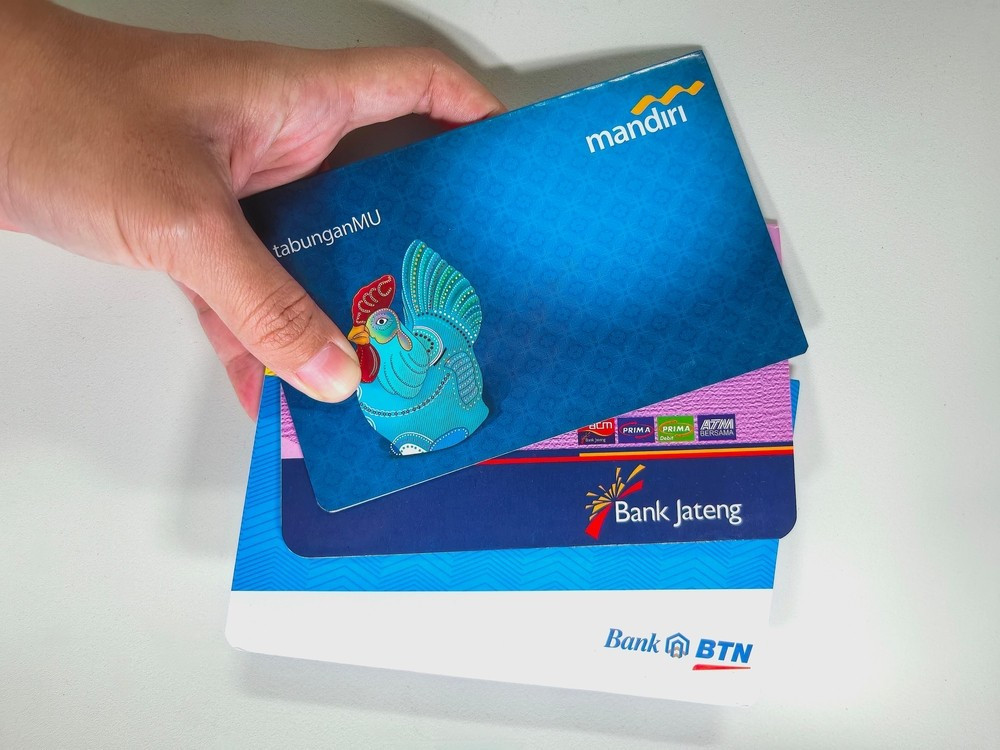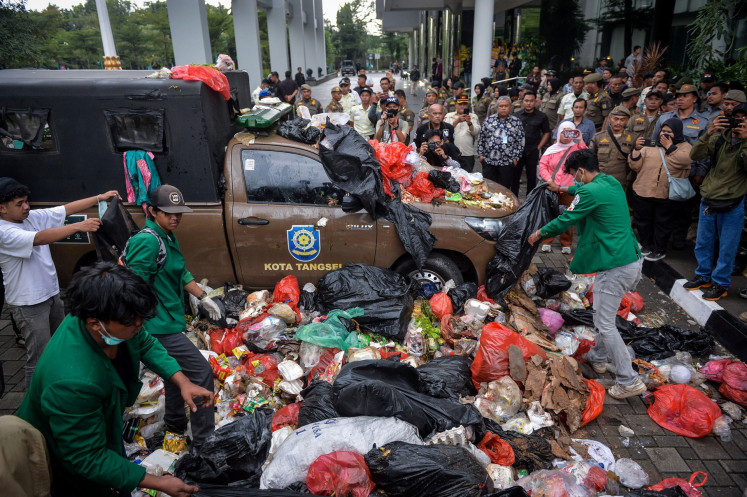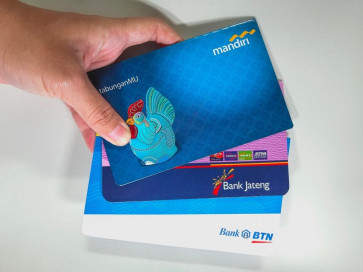Popular Reads
Top Results
Can't find what you're looking for?
View all search resultsPopular Reads
Top Results
Can't find what you're looking for?
View all search resultsAnalysis: PPATK unfreezes 31 million accounts, dormancy rule backlash
Change text size
Gift Premium Articles
to Anyone
T
he Financial Transaction Reports and Analysis Center (PPATK) has officially reopened access to approximately 31 million bank accounts across 105 banks, following intense public backlash. These accounts had previously been frozen on the grounds of dormancy. According to the Financial Services Authority (OJK), 9,487 formal complaints regarding unprompted account freezes were received via its official platform, the APPK, as of July 14. Since this figure only includes submissions through one channel, the actual number of grievances reported directly to banks is likely much higher.
The controversy surrounding the mass account freezing impacted the financial market, dragging down the stock prices of major banks such as Mandiri (BMRI), BCA (BBCA) and BRI (BBRI), which prompted swift regulatory responses. Between May 11 and July 20, around the peak of the scandal, BMRI shares dropped by 14.34 percent, falling from Rp 5,475 to Rp 4,690. BBCA saw a 9.14 percent decline, from Rp 9,300 to Rp 8,450, while BBRI recorded an 8.71 percent dip, from Rp 4,250 to Rp 3,880. Analysts attributed this downturn to investor concerns over reputational damage and waning public trust, especially as public pressure mounted for regulatory oversight and legal action.
The PPATK had begun enforcing the dormant account freeze policy around May, although the legal basis, PPATK Regulation No. 8 of 2023, had been in place for over a year. Initially, implementation was limited and handled on a case-by-case basis, targeting accounts with the longest periods of inactivity. However, enforcement was abruptly scaled up in May, with financial institutions instructed to freeze accounts en masse based solely on a single criterion: a lack of transactional activity for 90 calendar days. This sudden, broad application of the rule sparked public outrage, especially as many users received little or no prior warning that their accounts would be locked.
As frustration grew among consumers and financial institutions, pressure mounted on the government to intervene. Lawmakers in the House of Representatives began to question the PPATK’s enforcement practices, criticizing the agency for overstepping its authority and jeopardizing public trust in the banking system. In response to the escalating backlash, the PPATK held an emergency press conference. PPATK head Ivan Yustiavandana explained that the sudden acceleration in enforcement was prompted by alarming findings: many dormant accounts had been linked to illicit activity, including drug trafficking, embezzlement and the increasingly rampant online gambling (judol) epidemic. He said that in an effort to respond quickly to these risks, the agency shortened its usual review process and moved forward with mass enforcement.
Ivan initially defended the policy by stating that dormant accounts are vulnerable to misuse, as they are less likely to be actively monitored by their owners. He argued that the freeze was meant to protect customers from financial crime. However, critics pointed out that the definition of “dormancy” was far too narrow. The regulation’s 90-day inactivity threshold was widely viewed as arbitrary and disconnected from everyday banking behavior in Indonesia.
Indeed, the public backlash centered not on the rationale for the policy, but on how it was applied. Many viewed the three-month cutoff as excessively short, especially given the way Indonesians typically manage their bank accounts. It is common, particularly among Indonesians aged 30 and above, to maintain multiple accounts across different banks. This behavior stems from the post-Reformation era, when the banking industry became fiercely competitive. In the early 2000s, banks competed for customers by offering attractive promotions, waiving fees and developing account-linked perks, leading many individuals to open several accounts to take advantage of these benefits.
Consequently, it is entirely normal for consumers to rely on one primary account for daily use while leaving others mostly inactive, sometimes for several months, until needed for things like loan repayments, special promotions or branch-specific transactions. In this context, a 90-day inactivity window does not necessarily indicate any significant risk of abandonment.



















